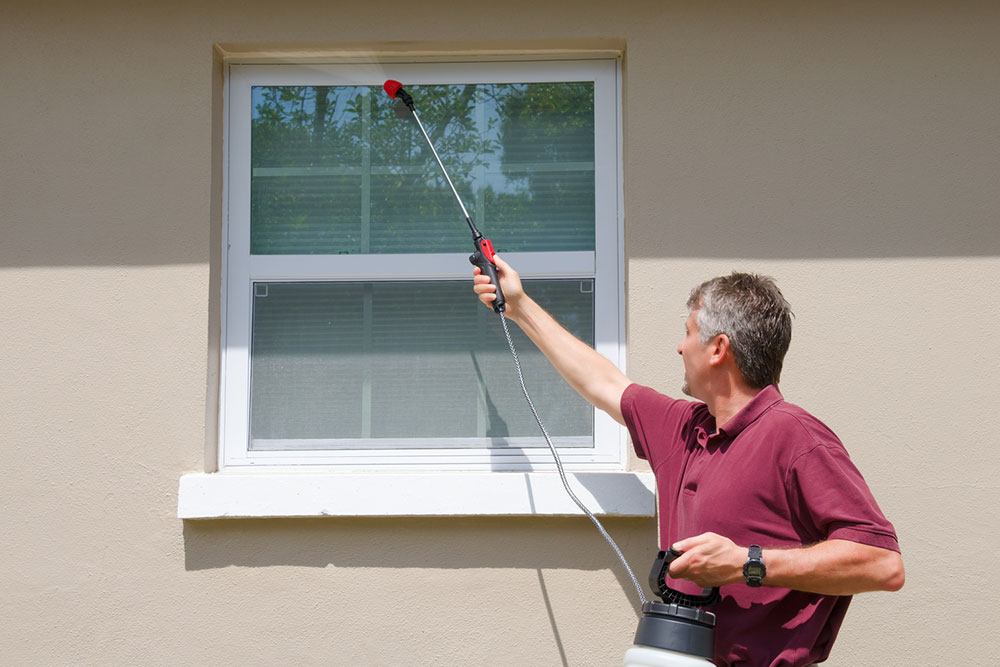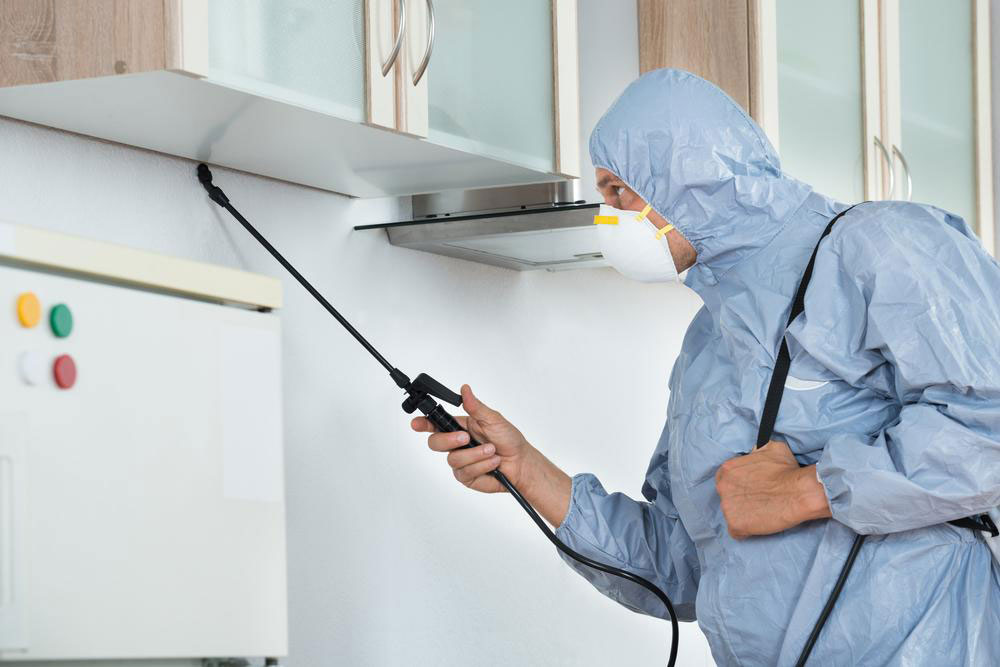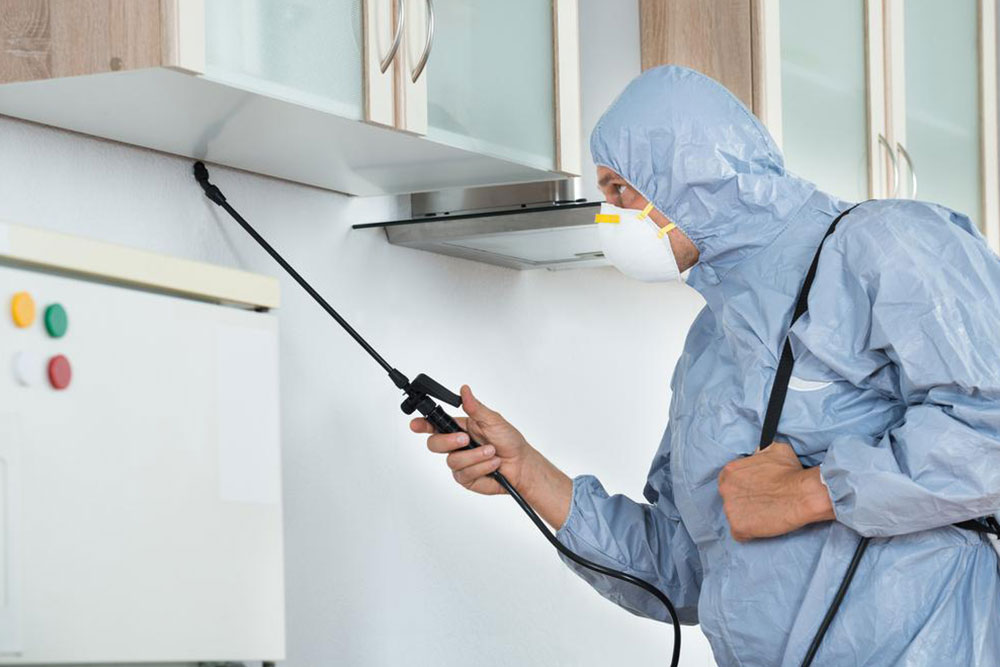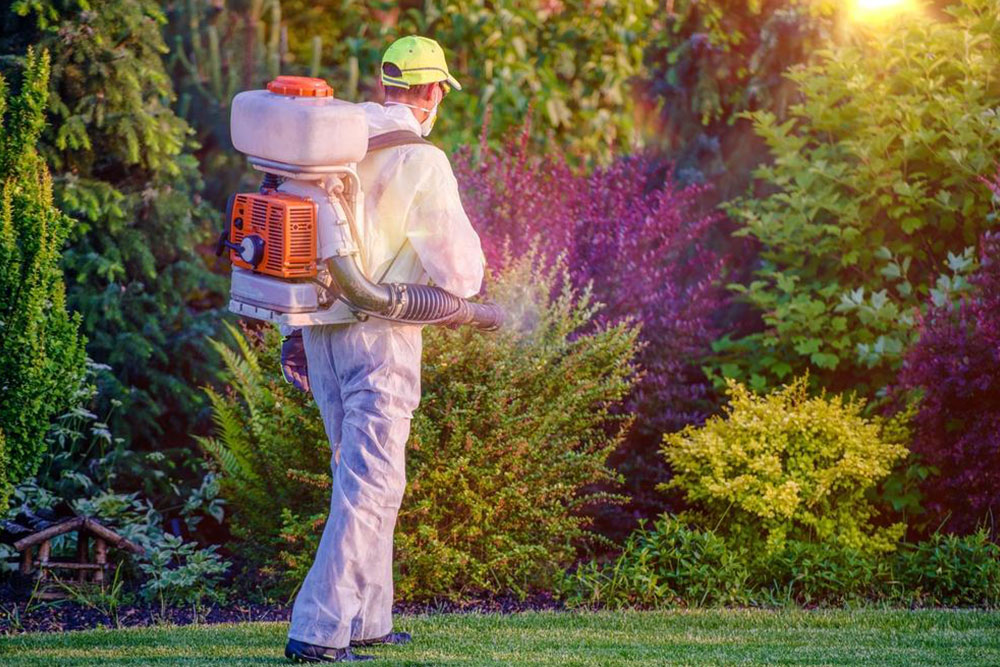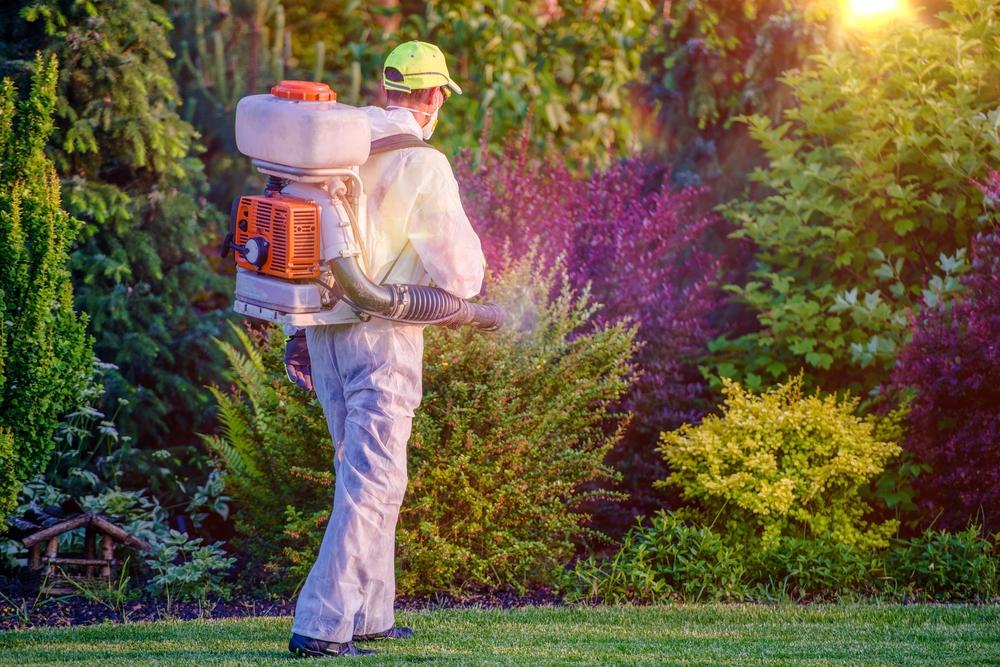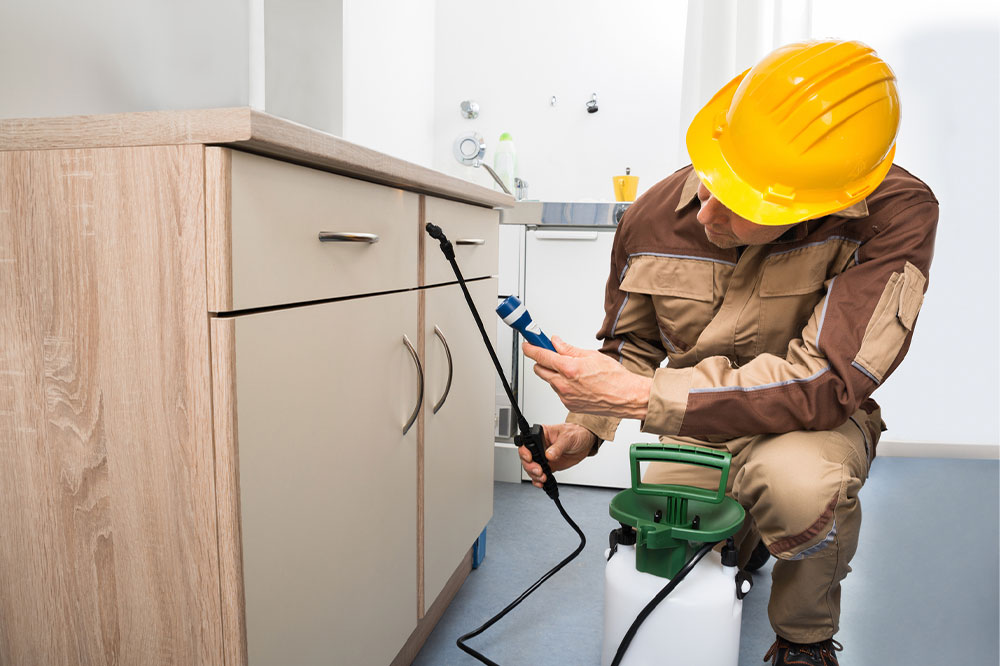Essential Tips for Effective Pest Management and Control
Discover expert tips for selecting effective and safe pest control services. Learn about different methods, choosing the right professional, and understanding costs to protect your home and garden from pests efficiently and safely.
Sponsored
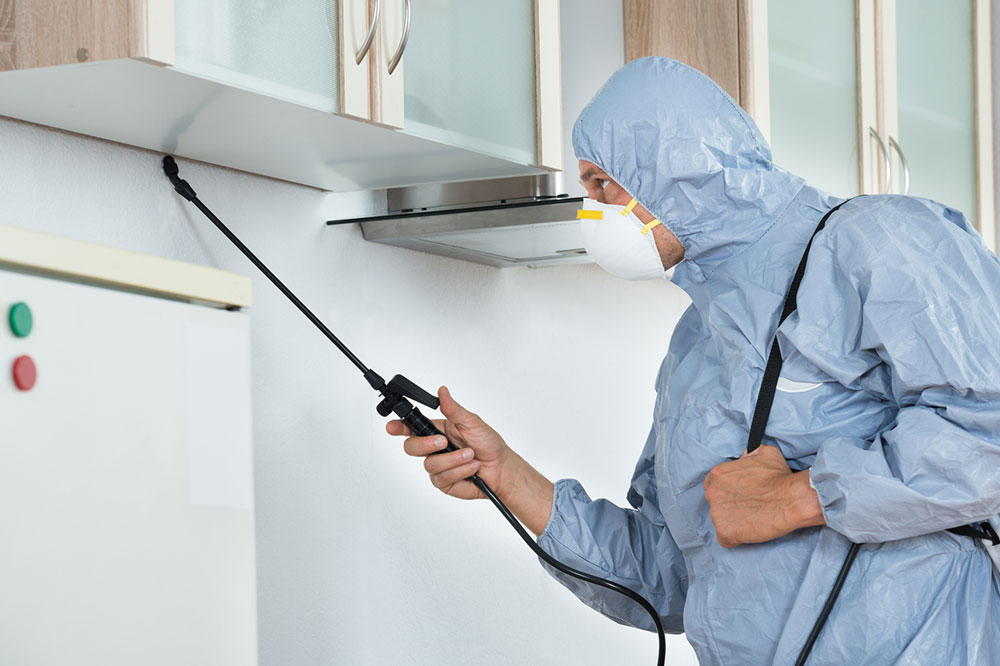
Presence of pests in your home or garden leads to hygiene issues, safety hazards, and property damage. They can contaminate food and water, harm plants, and spread diseases. Despite preventive efforts like sanitation and maintenance, some pests still invade and are tough to eliminate. In such cases, professional pest control services are invaluable. This guide provides insights into selecting the right pest management solutions for your residence or business, ensuring comprehensive and safe pest removal.
Types of pest control methods
The appropriate service varies based on pest location and type. Here are common approaches:
For gardens and fields
Biological control
This eco-friendly method involves introducing natural enemies, like predatory insects or bacteria, to suppress pest populations. For example, releasing bacteria that target mosquito larvae in water sources.
Mechanical control
Manual techniques and devices such as barriers and traps prevent pests like weeds and insects from damaging crops or plants.
Pesticides
Targeted application of chemicals using sprayers or aircraft, with professionals selecting formulations that minimize harm to beneficial organisms.
For residential and commercial spaces
These structures require tailored approaches such as:
Physical methods
Traps, baits, pheromones, and lights are used to catch or kill pests like rodents and insects.
Fumigation
Gaseous pesticides eliminate pests in infested areas, but require vacating the premises during treatment—costly yet highly effective against wood-boring pests.
Insulation treatment
Boron-infused cellulose insulation deployed in walls targets pests like cockroaches, ants, and termites, providing ongoing control.
Organic solutions
Natural options like insecticidal soaps, oils, and baits keep residents and pets safe while managing pests.
Electronic devices
Ultrasound or electromagnetic signals disrupt pests' nervous systems, offering chemical-free control.
Choosing the right pest control service
With numerous providers available, consider these tips:
Research thoroughly
Delay impulsive decisions—ask neighbors, read reviews, and compare quotes before hiring.
Verify licensing and experience
Ensure the company is licensed and experienced to guarantee quality and safety.
Review credentials
Seek information on the pesticides used and their safety measures, especially if you prefer eco-friendly options.
Check customer feedback
Review online testimonies to assess effectiveness and customer service.
Request guarantees
Ensure the company offers post-treatment guarantees for recurring pests.
Compare options
Balance cost, experience, and service quality before making your choice.
Advantages of professional pest control
Hiring experts ensures pest elimination is efficient and safe, with benefits including:
Specialized expertise
Trained professionals use appropriate methods, products, and tools to eradicate pests and prevent future infestations.
Customized strategies
Services are tailored to your property’s size and pest problem for maximum effectiveness.
Cost savings
Proper identification reduces wastefulness and ensures targeted treatment, saving money in the long run.
Safety assurance
Professionals apply pesticides safely, adhering to regulations to protect residents, pets, and the environment.
Thorough cleaning
Post-treatment, they clean up droppings and debris, promoting a healthy environment.
Pest control costs
Pricing varies based on pest type, property size, treatment frequency, and products used:
Common pests like ants and spiders usually cost around $250-$300 for treatment.
Rodent or termite treatments are more expensive, often exceeding $1000.
Initial visits range from $200-$500, with periodic treatments costing less, depending on frequency.
Eco-friendly products and larger properties generally increase costs.
In summary, pests pose serious threats to property and comfort. Prompt, professional intervention using appropriate methods ensures safety, efficiency, and long-lasting results.

